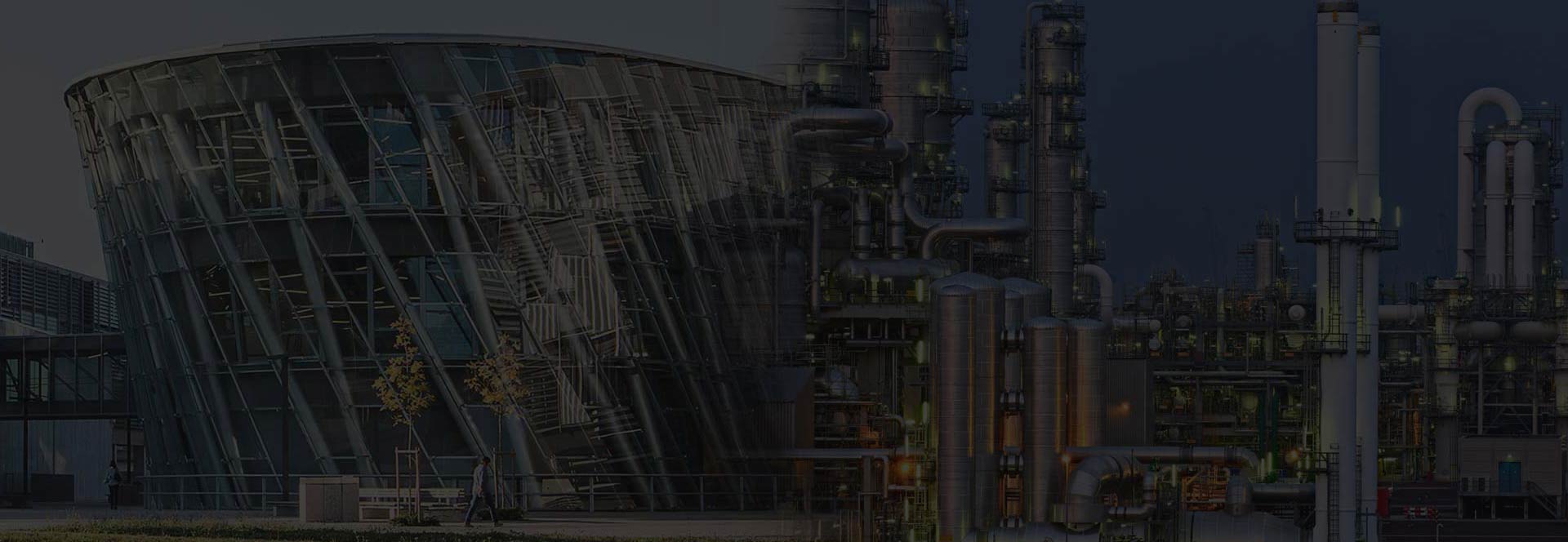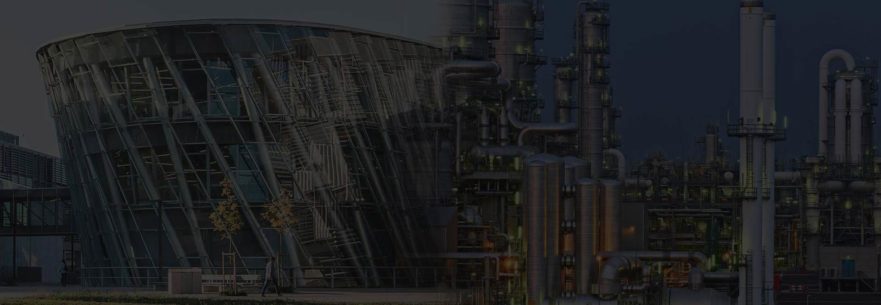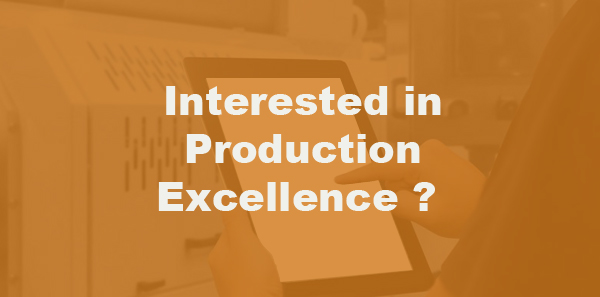Artificial intelligence is poised to become one of the pivotal technologies of the future, profoundly influencing the digital transformation of both the economy and society. Slovenia is among the EU countries that have developed national programs to foster the development and utilization of artificial intelligence by 2025. With this initiative, we aim to strategically and comprehensively harness the challenges and opportunities presented by artificial intelligence.
It comes as no surprise, therefore, that artificial intelligence is increasingly making its presence felt across various sectors of production, where it enhances efficiency, quality, compliance and safety.
What is the role of artificial intelligence in production?
Artificial intelligence is a collective term for technology that enables computers to exhibit human-like traits such as thinking, learning, planning and creativity. In the production environment, two segments are particularly important:
Machine Learning, which refers to the ability of computer systems to learn and improve their performance based on data without explicit programming.
Deep Learning, a branch of machine learning that focuses on using multi-layered neural networks to solve more complex problems with large amounts of data.
In production, artificial intelligence is capable of analyzing vast amounts of process data, identifying patterns and optimizing processes. It can automate routine tasks such as oversight of quality control, packaging and warehousing. Additionally, it can assist in the faster development of new products and services that are better tailored to customer needs and preferences.
Artificial intelligence thus offers tremendous potential for increasing productivity, innovation, competitiveness and business performance in manufacturing companies.
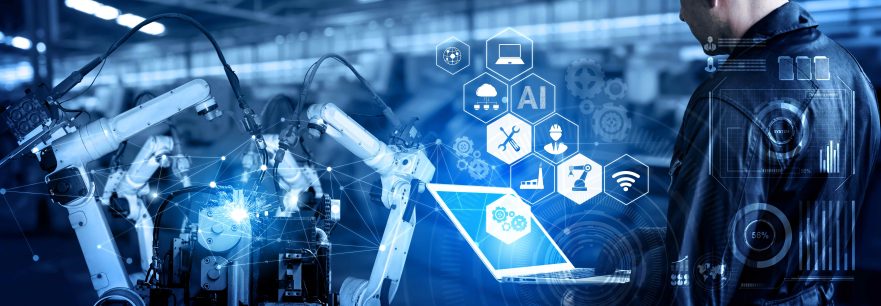
How can artificial intelligence assist us in production?
Artificial intelligence (AI) can play a crucial role in optimizing production processes, offering several ways to enhance efficiency. Here are some of the most common applications:
Planning and resource management in production. AI solutions automate and optimize production planning, material supply, tool changes, maintenance and more. They consider various constraints and goals, such as improving productivity, reducing bottlenecks and optimizing energy consumption, resulting in increased efficiency and reduced production costs.
Timely detection and prevention of failures. AI processes data on machine condition and other production equipment, accurately predicting wear and tear, service requirements or the need for replacement. This reduces unexpected production disruptions, extends equipment lifespan and lowers maintenance costs.
Quality control in production. AI goes beyond analyzing process data by utilizing image, sound and speech recognition systems. By processing information from sensors, cameras and microphones, it swiftly identifies and alerts potential issues and deviations in quality control, ensuring compliance with production processes and products.
Boosting productivity. AI-driven analysis of process data from production lines and individual machines, combined with key performance indicator (KPI) calculations, helps uncover and expedite the elimination of hidden losses. This leads to increased availability, quality and capacity, all critical factors for overall equipment efficiency (OEE) and improved productivity.
Reducing energy consumption. AI actively monitors energy usage, identifying opportunities for optimization during peak load hours and facilitating adjustment to electricity market conditions. By analyzing energy consumption data, AI can detect and flag any anomalies in the performance of specific production devices, allowing for timely maintenance or replacement, resulting in enhanced energy efficiency.
Cybersecurity. With the rise in IoT devices and digital solutions in production, the risk of cyber attacks also increases. AI-powered cybersecurity systems with risk detection algorithms contribute to safeguarding industrial processes and minimizing vulnerability to potential attacks.
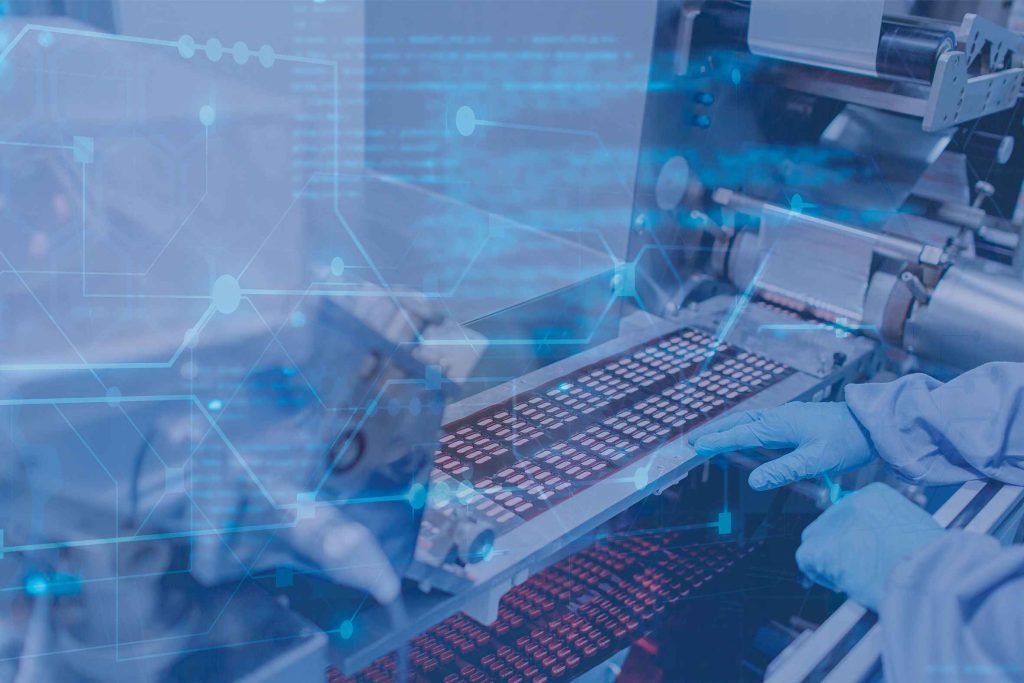
What are the key challenges of artificial intelligence in production?
In addition to the numerous benefits and advantages, artificial intelligence (AI) also presents certain challenges and limitations. Its application requires a high level of trust and collaboration between computer systems and employees. Moreover, it raises ethical, legal and social concerns, including questions of responsibility, privacy and data protection.
Furthermore, AI will have an impact on the workforce structure in manufacturing companies, necessitating adjustments in educational systems and employment policies. Companies will need AI engineers, as it is one of the professions of the future, to effectively manage and harness the potential of AI.
Therefore, artificial intelligence undeniably plays a crucial role in driving changes in production, but it necessitates a strategic approach and a comprehensive understanding of its capabilities and challenges.
How can Metronik assist you?
At Metronik, we have been actively involved in the field of artificial intelligence for several years, employing two primary approaches.
The first approach involves the development of advanced algorithms that we integrate into software solutions for production digitalization, such as our manufacturing execution system MePIS MES.
The second approach focuses on creating customized solutions to address specific challenges that individual companies encounter in their production processes.
Drawing from our extensive practical experience, we can provide valuable guidance on implementing artificial intelligence in production and offer concrete solutions tailored to your specific needs.
For further information on our innovative artificial intelligence solutions for optimizing production processes, please feel free to contact Aleš Temeljotov at ales.temeljotov@metronik.si.


